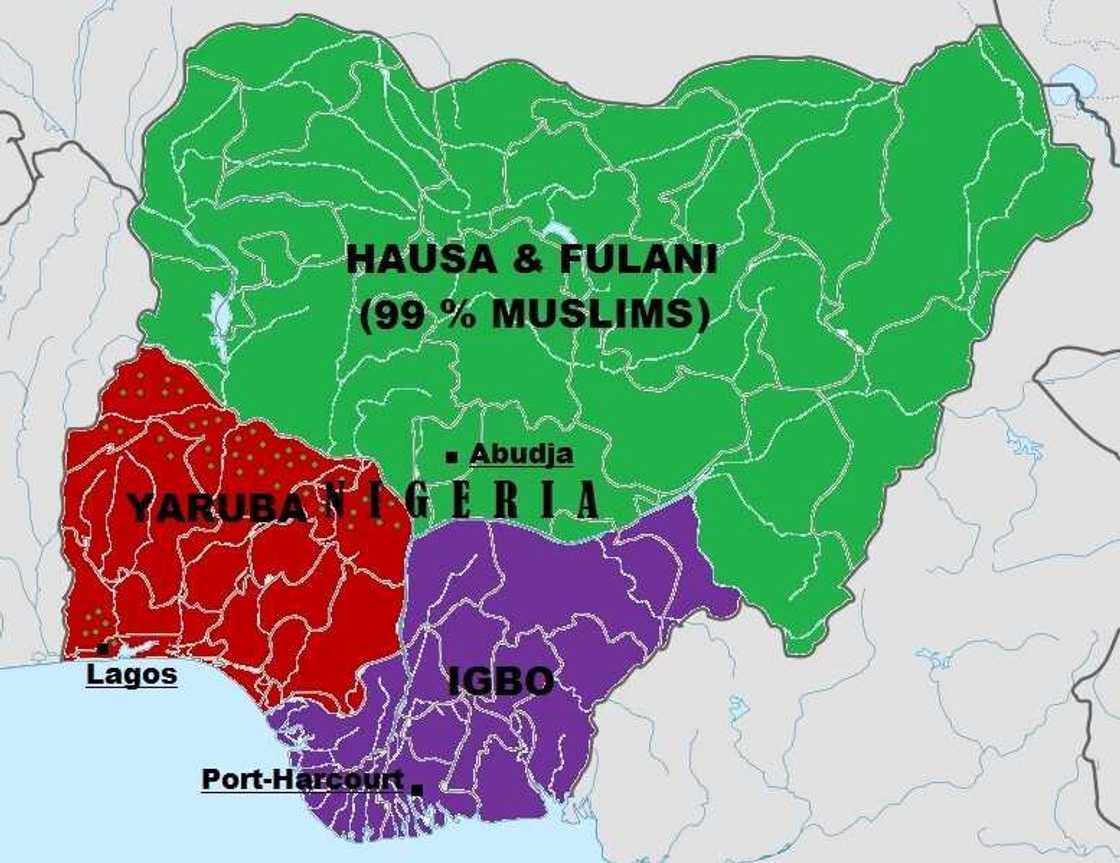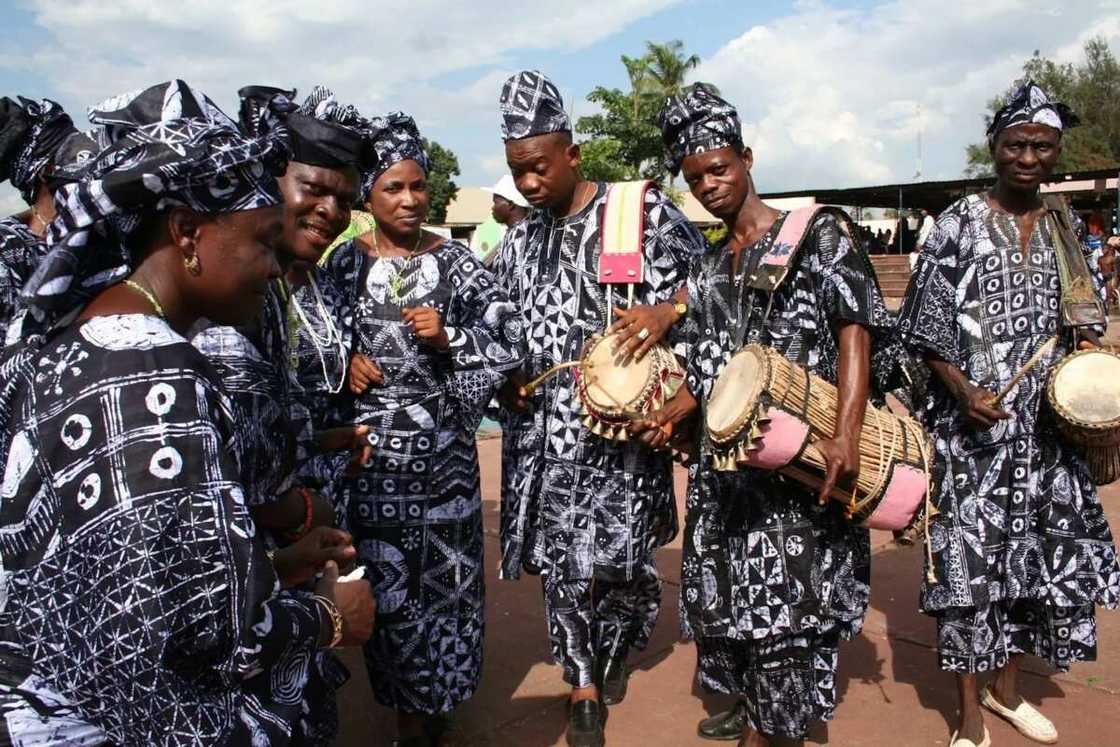List of Yoruba states in Nigeria
The region inhabited majorly by the Yoruba people is known as Yorubaland. How much do you know about this part of the country? Keep reading to find out the list of Yoruba states in Nigeria.

A bit of history of the region
Nigeria is made up of three major ethnic tribes: Yoruba, Hausa, and Igbo. Each of these three major ethnic groups in Nigeria is predominantly settled in the specific region of the country. Today we will talk about the states in the country which are the home for Yorubas.
Before the creation of states dating to the pre-colonial period, the Yoruba people must have migrated to the savannas and the forest west of the lower reaches of the River Niger where they have found the towns of Ile-Ife, Ekiti, and Ijebu. Another group of migrants also settled in savanna country region north of the forest (where the first group of migrant settled) and founded Oyo and its surrounding towns.
Between the 11th and 16th century, the town of Oyo grew and became an Empire known as the Oyo Empire. It was one of the independent empires in the region at the time. And together with all the other Yoruba settlements, allies were formed both by a series of interlocking arrangements between the ruling families of each state and also by a confederation of rulers of each town. All these towns and cities in the region together became the Yorubaland.
READ ALSO: History of Oduduwa in Yoruba land

List of states in Nigeria inhabited by the Yoruba people
The Yorubas are predominantly settled in Southwest Nigeria. The list of states in Nigeria which are part of the Yorubaland include:
- Oyo State
- Ogun State
- Lagos State
- Osun State
- Ondo State
- Ekiti State
- Kwara State
Some parts of Kogi State and Edo State also have some Yoruba settlements, but these states are not primarily recognized as the Yoruba states.
I hope you found this piece interesting. The Yoruba people have a vibrant and interesting culture, and you might enjoy learning more about them.
READ ALSO: Basic features of culture in Nigeria
Source: Legit.ng




